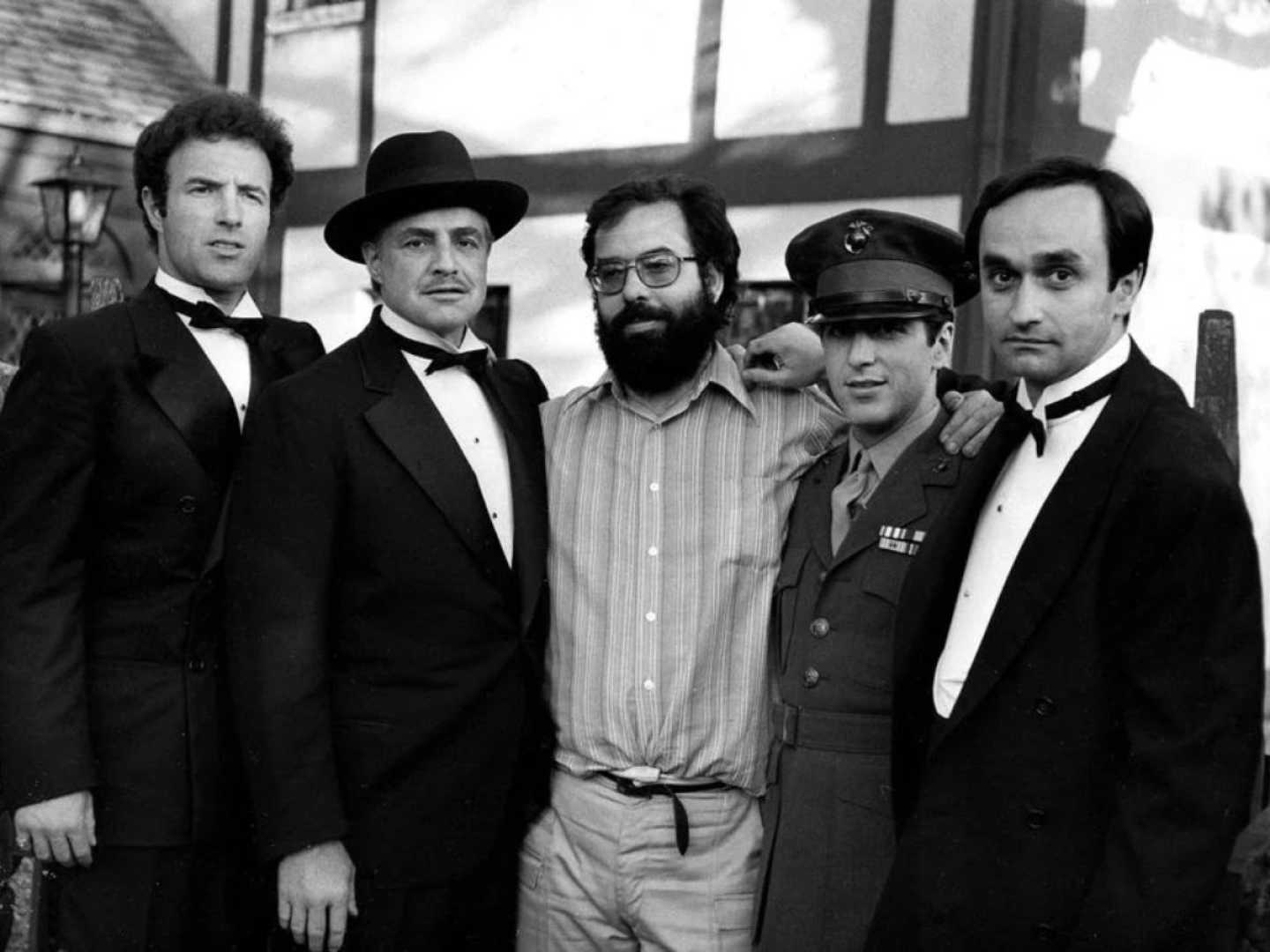Entertainment
Al Pacino and Coppola Reflect on The Godfather Part II’s Turbulent Making

London, England – Al Pacino and Francis Ford Coppola have long been recognized for creating one of the greatest films of all time, The Godfather Part II, which celebrates its 50th anniversary this month. Yet, the journey to produce the film was fraught with personal and professional struggles.
Initially, neither Pacino nor Coppola were inclined to make a sequel to the blockbuster. Despite Pacino facing financial difficulties and being offered significant money, he initially rejected the opportunity. “I was borderline breakdown, borderline make it or not make it,” Pacino said about his dark period before he accepted the role of Michael Corleone.
After much negotiation, including offers that escalated to one million dollars, Pacino agreed only when Coppola consented to rewrite a script he considered poor. This commitment set the stage for a lengthy eight-month production filled with challenges that left many crew members exhausted.
Coppola designed the sequel to explore Michael Corleone’s transformation into a ruthless leader amidst the bustling New York mafia scene. Cast members and directors faced additional pressures, especially during scenes set in Sicily, which required reshoots due to historical inaccuracies in costumes.
Despite the heavy workload, Pacino struggled personally, grappling with alcohol dependence that worsened throughout filming. “It was a tough shoot for me because of my drinking,” he admitted, reflecting on the intense environment.
In casting decisions, Coppola sought to include legendary actor Marlon Brando, but after his refusal, Robert De Niro was cast as a younger Vito Corleone. De Niro dedicated months to mastering a Sicilian dialect for the role.
Critics had mixed responses to The Godfather Part II upon its release. While the Academy acknowledged its merit with six Oscars – including Best Picture and Best Director – some voices, including famed critic Roger Ebert, labeled it disappointing compared to its predecessor.
Financial pressures underlined the production’s urgency, as both Pacino and Coppola faced significant monetary issues. Pacino noted, “The choice could not have been easier. I was broke. Francis was broke. We both needed the bread.” Ultimately, their shared need propelled the franchise forward.
The film’s complex character dynamics, particularly Michael’s tumultuous relationship with his on-screen love, Kay, contributed significantly to its narrative depth, reflecting both personal and business triumphs and struggles.












